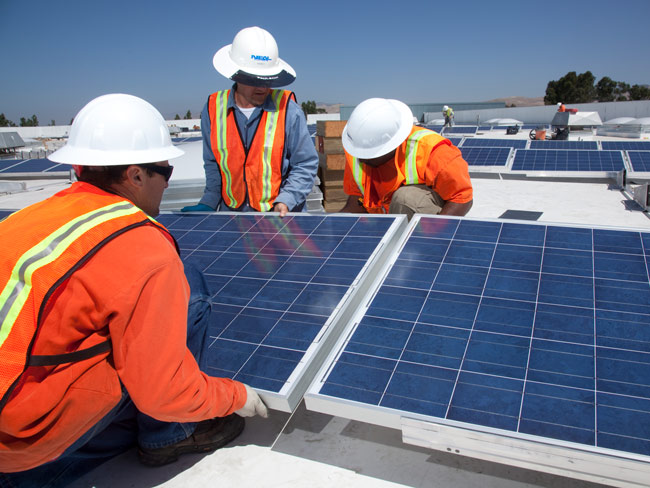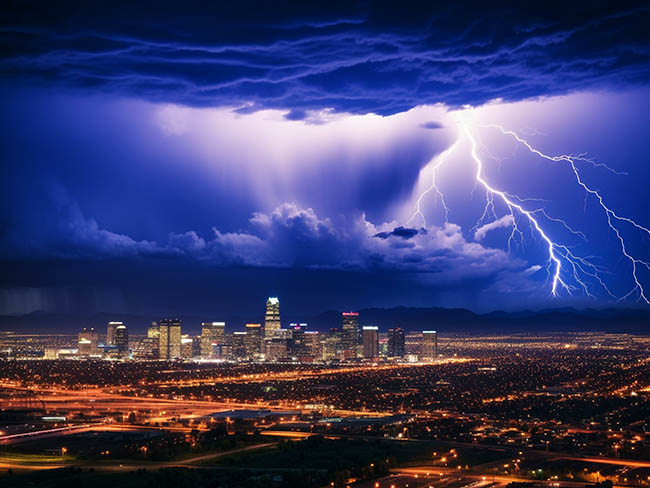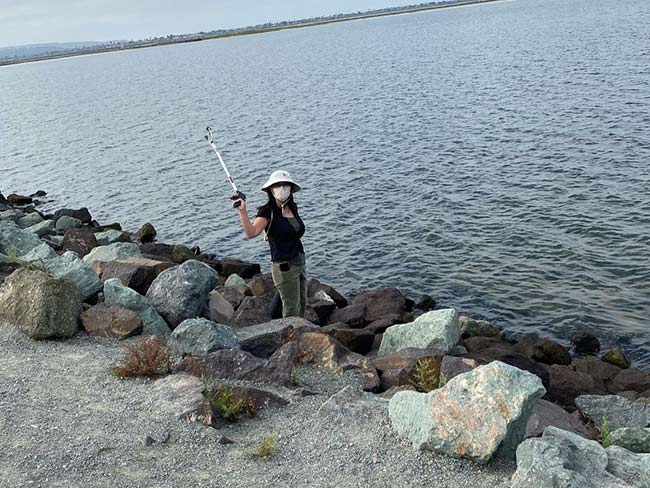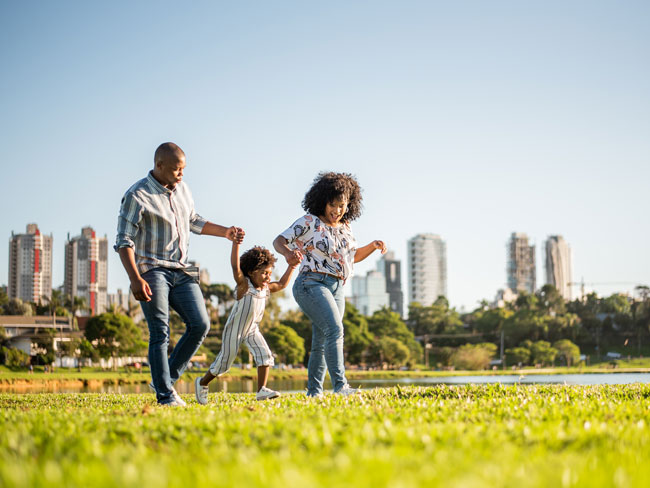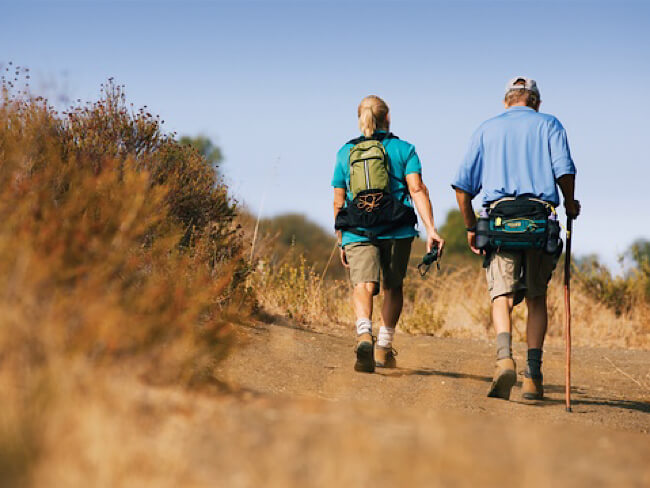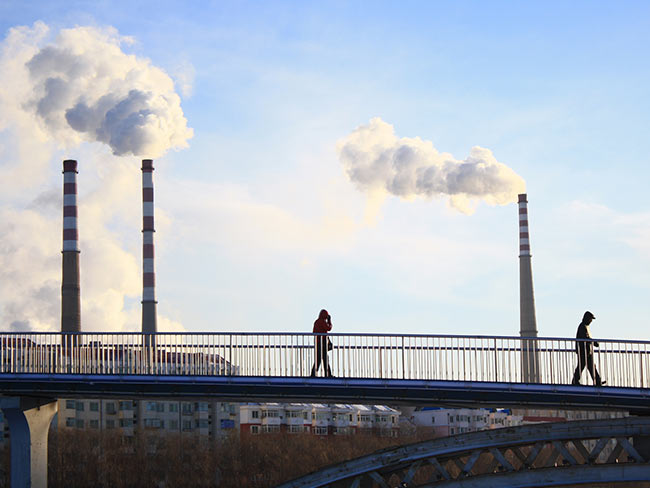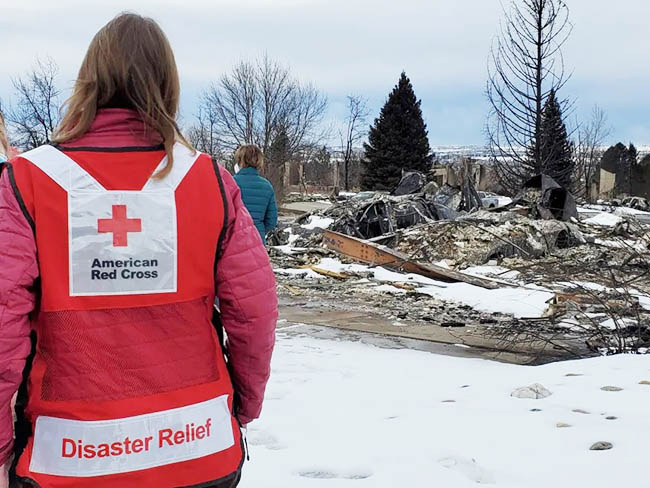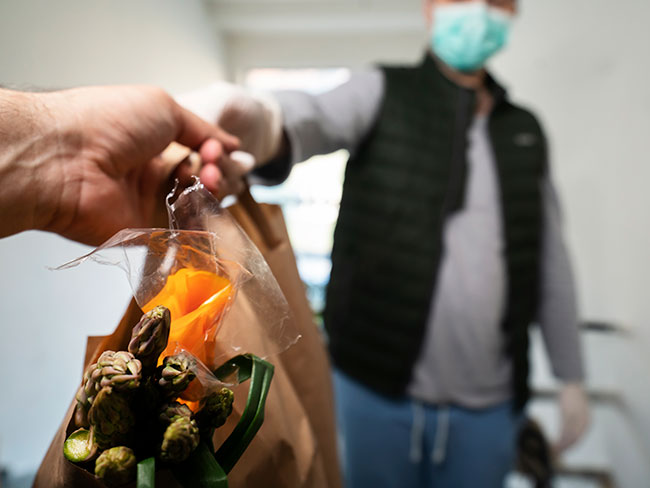Prepare for wildfires
Fires and the smoke they create can be physically dangerous and mentally devastating. Some simple steps can help protect you and your family.
Wildfire smoke can affect people who live up to hundreds of miles away from the fire.
Wildfires are often expected when summer temperatures soar throughout the country. In recent years, we’ve seen longer and more intense wildfire seasons. Wildfire smoke can cause both immediate and long-term health impacts. And the emotional toll of such disasters can be overwhelming.
What are wildfires?
Wildfires are unplanned fires that spread quickly and burn in natural areas like forests and grasslands. They can also affect surrounding communities.
Being prepared and knowing what to do if there’s a wildfire emergency near you can keep you physically safe and reduce the toll on your mental health.
Wildfire smoke is a danger to everyone
Wildfire smoke can affect people who live up to hundreds of miles away from the fire, according to Thomas Dailey, MD, a pulmonologist and critical care medicine physician for Kaiser Permanente in Northern California.
Once a person breathes in pollution from wildfire smoke, called ultrafine particulate matter, it can pass into the bloodstream. Children and people with preexisting lung conditions, including asthma, emphysema, and chronic obstructive pulmonary disease, are at higher risk for developing health-related issues.
“This is very toxic material,” Dr. Dailey said. “It has been associated with an increased risk of heart attack, stroke, and inflammation, and it can impact lung function.”
Dr. Dailey added that on days when your local health department says it’s unsafe for people with preexisting conditions to be outside, it means it’s unsafe for everyone.
How wildfire smoke affects your health
While the long-term effects of wildfire smoke aren’t fully known, short-term effects can include:
- Eye and throat irritation
- Reduced lung function and trouble breathing
- Bronchitis
- Increased asthma issues
Mental health can also be affected by wildfires. For people who have lost their homes, been evacuated due to fire, or had brush burning in their backyards, the emotional effects can be like the symptoms of post-traumatic stress disorder.
Even if you don’t live in an area affected by wildfires, it’s possible to feel anxious or upset when hearing the devastating stories of people experiencing loss from fires.
Lessening your anxiety during fire season
One of the best ways to reduce the stress of fire season is to be prepared. Pack your go bag — a portable kit of supplies you can quickly take with you. In case of evacuation, know your local resources, evacuation routes, and important contacts.
Recognizing your emotions and talking openly about your concerns can also help. Consider reaching out to your neighbors and making a plan to help one another in an emergency.
Kaiser Permanente offers members self-care apps for mental health and wellness at no cost. Our members can also get care from a mental health therapist.

